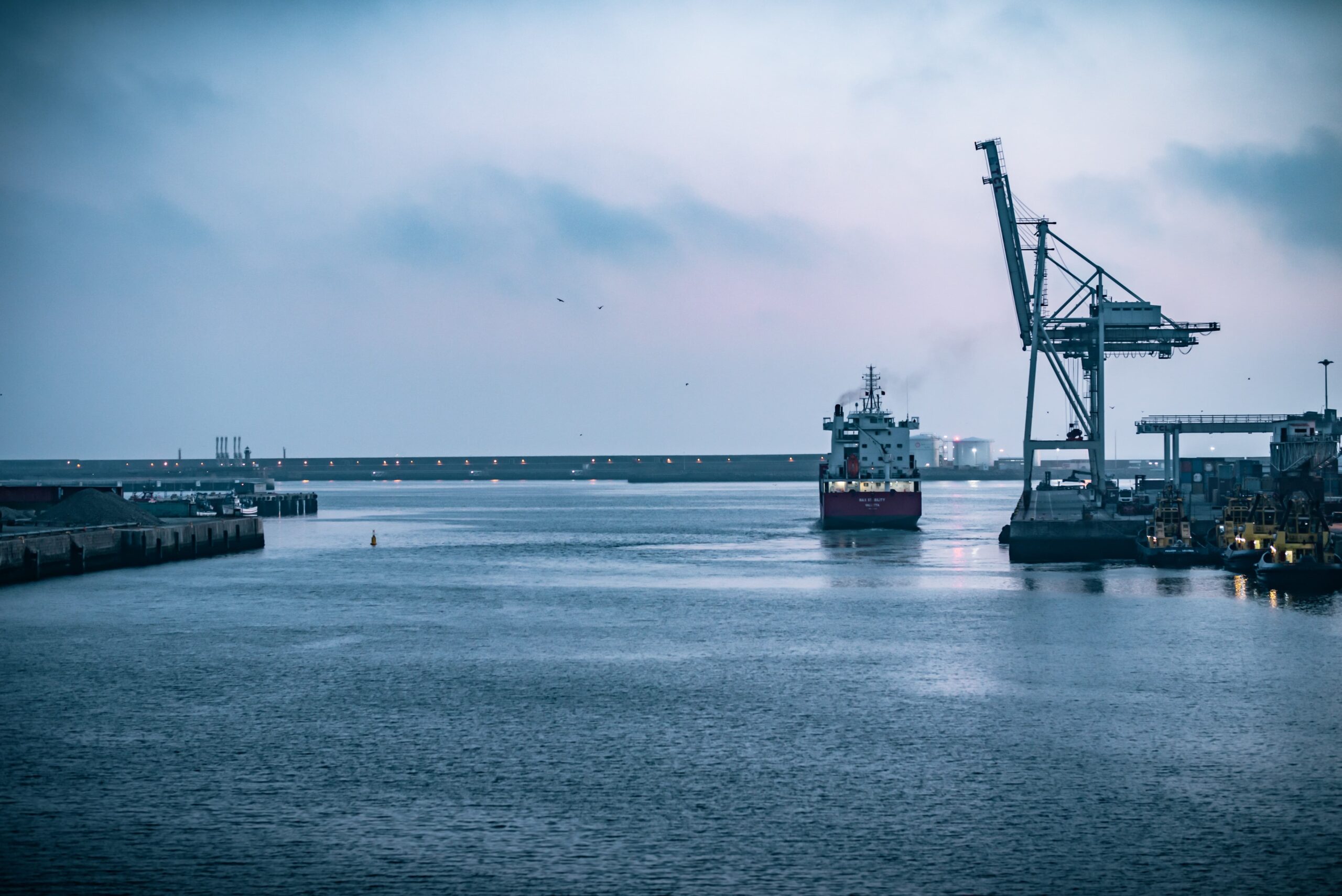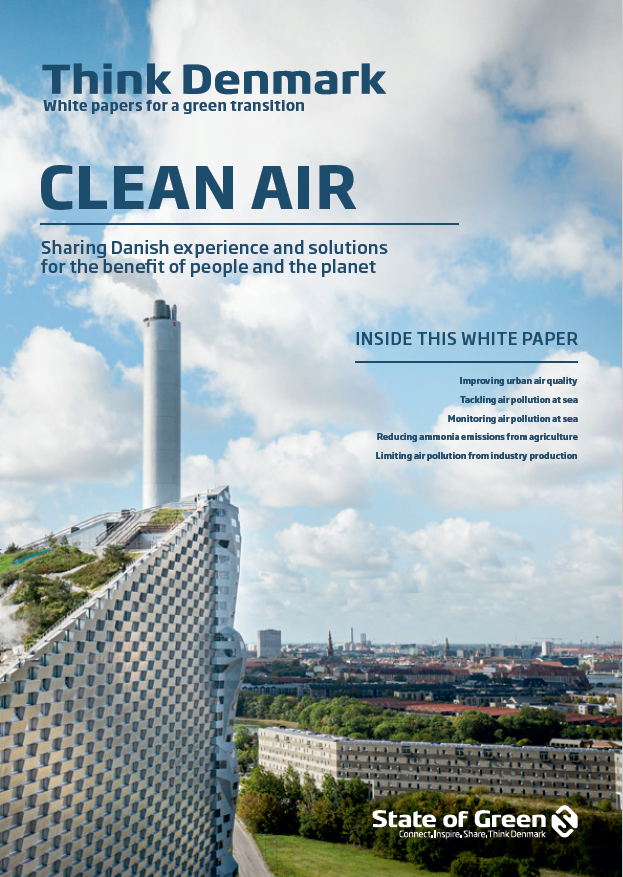Download our publication on clean air today
This article is part of our publication ‘Clean air’.
Download nowPerspective
Air pollution


However, the significant amount of ships is a challenge in relation to air pollution. The large exhaust on many vessels emit a number of harmful substances such as sulphur (SO2), nitrogen oxides (NOx), soot, ammonia, particles, volatile organic compounds (VOC) and CO2. Substances that have
an adverse effect on people, the climate and the environment.
Luckily, the air pollution from the maritime industry can be curbed by using green technologies designed specifically for ships and the harsh conditions in which they operate. With the technologies available today, it is possible to address all the above-mentioned polluting components and thereby deliver
massive benefits for public health and the environment. The adoption of IMO’s (UN’s International Maritime Organisation) global sulphur-reducing requirements represent a significant push towards a cleaner maritime industry. The requirements have boosted the demand for air cleaning and promoted the use of alternative fuels for shipping.
From a Danish perspective, this development has not only been positive for reasons related to the environment and health. Denmark is a world leader within flue gas cleaning technologies, and Danish scrubber producers have seen an unprecedented surge in the demand of their products over the past fifteen years. In 2019, just three Danish scrubber producers covered approximately 15 per cent of the global market. In addition, minor Danish start-up companies are exploring alternative solutions in relation to sulphur removal.

This article is part of our publication ‘Clean air’.
Download now